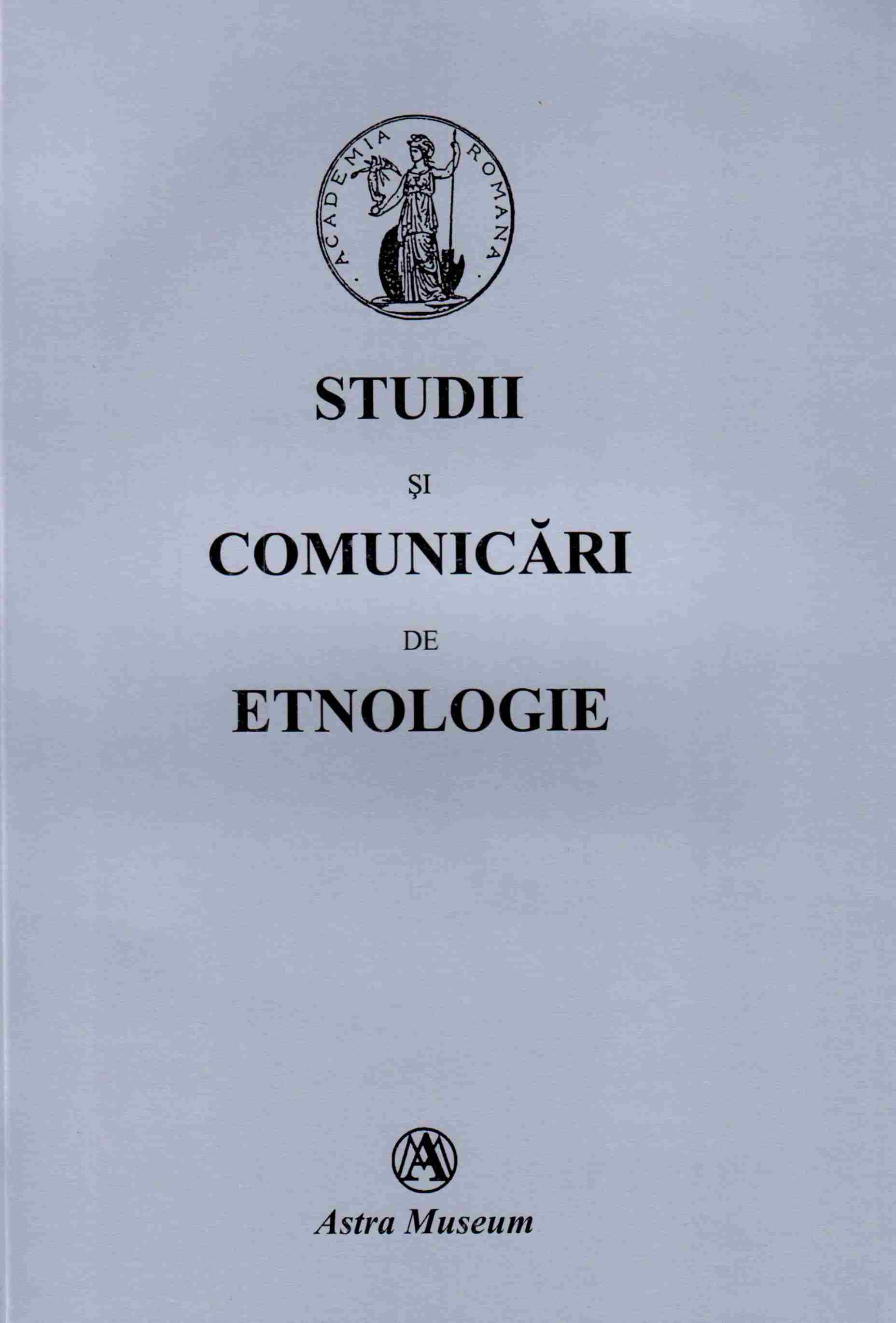Ceremonialul funerar din Oltenia - secvenţialitate şi semnificaţii
The funerary ceremony in Oltenia – sequentiality and significations
Author(s): Loredana-Maria Ilin-GrozoiuSubject(s): Anthropology, Sociology, Ethnohistory, Local History / Microhistory
Published by: ASTRA Museum
Keywords: cult of the dead; immortality of the soul; Romanian popular culture; funerary practices; Oltenia
Summary/Abstract: În mentalitatea tradiţională, moartea este percepută ca un eveniment dureros, apărut, adeseori, în clipe neaşteptate. Departe de a reprezenta un final, „Marea Trecere” este resimţită de către membrii colectivităţii ca un prag, ca o graniţă dincolo de care este Adevărata Viaţă. Orice trecere presupune, pe de o parte, o ruptură de vechea stare, o anulare sau o depăşire a acesteia, iar pe de altă parte, iniţierea sau pregătirea individului pentru accederea la o nouă identitate. Această trecere se dovedeşte a fi, de cele mai multe ori, anevoioasă, deoarece individul trebuie să depăşească o situaţie liminală, aflată între două condiţii existenţiale. Actele şi manifestările ceremoniale care însoţesc „Marea Trecere” sunt performate tocmai în vederea asigurării restabilirii echilibrului pierdut odată cu părăsirea statutului existenţial anterior. Intenţia prezentului studiu constă în descoperirea sau reactualizarea ideilor şi a credinţelor religioase legate de nemurirea sufletului şi cultul morţilor, precum şi în nuanţarea funcţionalităţii actelor şi practicilor ritualico-magice, care nu sunt altceva decât parte a unui complex sistem al vieţii spirituale specifice omului tradiţional.Within traditional mentality, death is perceived as a painful, frightening occurrence, which appears unexpectedly. Far from representing an end, but only the lack of physical absence, the Great Passing is being regarded by members of a community as a threshold, as a boundary, beyond which True Life is being displayed. Any passing implies, on one side, a breach in the old state, an annulment or an exceeding and, on the other side, the initiation or the preparation of one individual for acceding towards a new identity. Most of the time, this passing proves to be laborious, because the individual has to overcome an intermediary situation, between two existential conditions. The ceremonial acts and manifestations that accompany the Great Passing are mainly performed for the reestablishment of the balance that was lost along with the ceasing of the former existential condition. Our intention for the present study has been to discover or bring forward the religious ideas and beliefs related to the immortality of soul and the cult of the dead, along with the intent to present the functionality for these acts and ritual-magical practices, which are nothing more than a part of a complex system of the spiritual life, specific for the traditional individual.
Journal: STUDII ŞI COMUNICĂRI DE ETNOLOGIE
- Issue Year: XXIX/2015
- Issue No: 29
- Page Range: 194-203
- Page Count: 10
- Language: English
- Content File-PDF

